In this guide, we’ll explore some of the best competitive exam books that have proven to be invaluable companions for countless successful candidates. The competitive landscape of today’s job market, success often hinges on one’s ability to excel in competitive exams. These exams serve as gateways to coveted positions in various fields, ranging from government services to prestigious academic institutions and corporate jobs. To navigate these challenges successfully, aspiring candidates need the right set of tools, and at the forefront of these tools are well-crafted and comprehensive competitive exam books.
“Quantitative Aptitude for Competitive Examinations” by R.S. Aggarwal:
A cornerstone for many competitive exams, this book focuses on developing the quantitative skills necessary for success. From basic concepts to advanced problem-solving techniques, R.S. Aggarwal’s book provides a structured approach to mastering mathematical problems. Its extensive collection of problems and solutions makes it an essential resource for exams like SSC, Bank PO, and CAT.
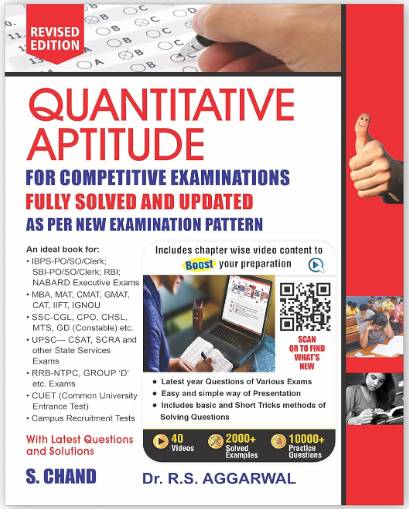
.
“Word Power Made Easy” by Norman Lewis: Competitive Exam Books
Proficiency in the English language is a prerequisite for success in various competitive exams. Norman Lewis’s “Word Power Made Easy” is a timeless classic that helps candidates enhance their vocabulary and language skills. Covering a wide array of words with engaging exercises, it is particularly beneficial for exams like GRE, CAT, and UPSC where a strong command of the English language is crucial.
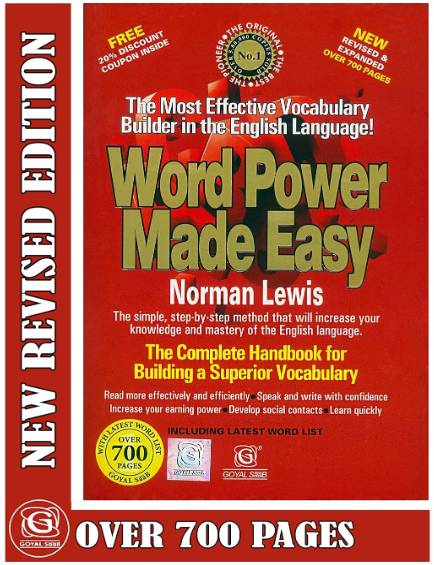
.
“Objective General English” by S.P. Bakshi:
For candidates preparing for exams with a substantial English language component, such as SSC, CDS, and IBPS, S.P. Bakshi’s “Objective General English” is a go-to resource. The book offers a comprehensive coverage of grammar rules, vocabulary, and practice exercises, making it an indispensable tool for honing language skills.
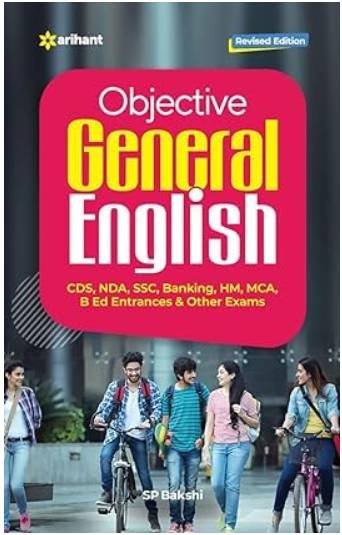
.
“General Knowledge” by Manohar Pandey:
Competitive exams often include a section dedicated to assessing a candidate’s general knowledge. Manohar Pandey’s book on general knowledge is a comprehensive guide that covers a vast array of topics, including current affairs, history, geography, and more. It is a valuable resource for exams like UPSC, SSC CGL, and State PSCs.
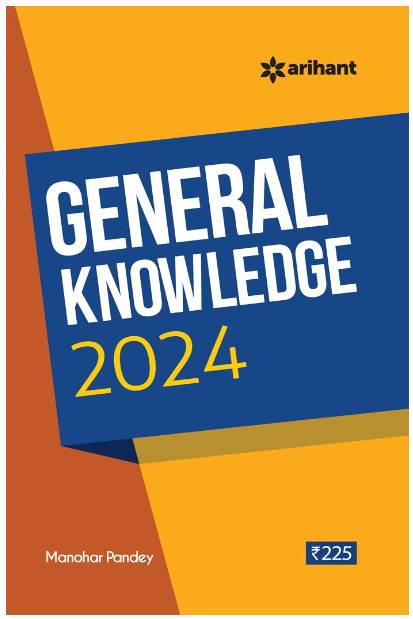
.
“A Modern Approach to Verbal & Non-Verbal Reasoning” by R.S. Aggarwal:
R.S. Aggarwal’s expertise extends to the realm of reasoning, a critical component in exams like CAT, SSC, and Railway Recruitment Board (RRB) exams. This book systematically covers verbal and non-verbal reasoning topics with a plethora of practice questions, ensuring that candidates are well-prepared to tackle this challenging section.
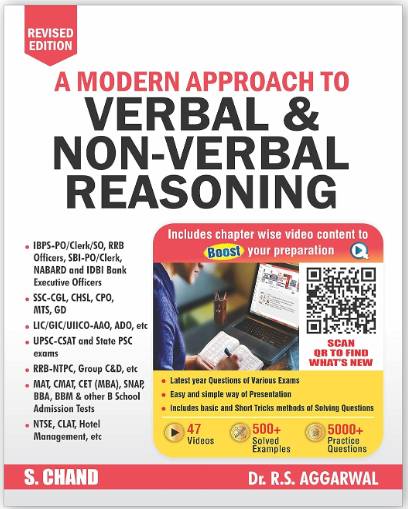
.
“Indian Polity” by M. Laxmikanth:
Aspiring candidates for civil services examinations, such as the UPSC Civil Services Exam, cannot overlook the importance of a strong foundation in Indian polity. M. Laxmikanth’s book provides an in-depth understanding of the Indian political system, constitution, and governance, making it an essential resource for candidates preparing for these exams.
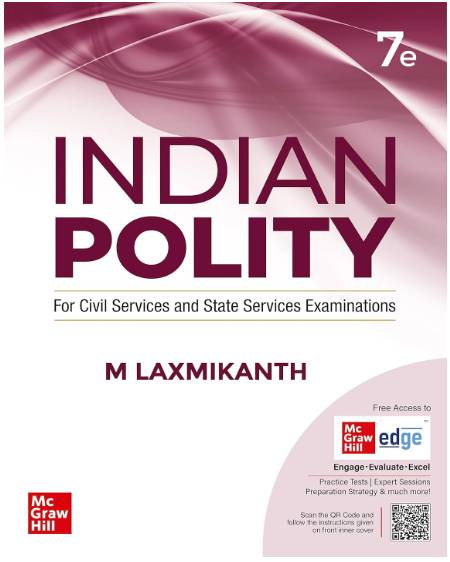
.
“Objective Computer Awareness” by Arihant Experts:
In the digital age, proficiency in computer awareness is a prerequisite for many competitive exams, including banking and government job exams. Arihant Experts’ book on objective computer awareness is a comprehensive guide that covers fundamental computer concepts, terminology, and applications, ensuring candidates are well-versed in this essential area.

.
“Lucent’s General Knowledge” by Vinay Karna, Manwendra Mukul, and Sanjeev Kumar:
An all-encompassing guide to general knowledge, this book by Lucent is widely used by candidates preparing for a range of competitive exams, including SSC, Railway exams, and UPSC prelims. Its structured format and easy-to-understand language make it an excellent resource for building a strong foundation in various subjects.
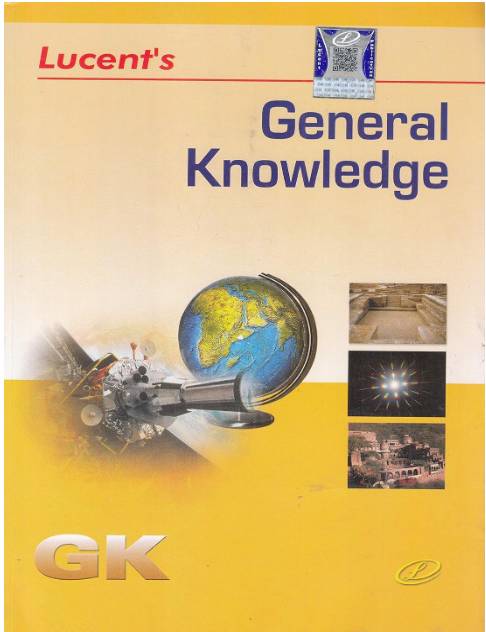
.
Conclusion:
In the pursuit of success in competitive exams, the right study material can make a significant difference. The books mentioned above have stood the test of time and have been instrumental in shaping the success stories of countless candidates. However, it’s important to note that no book can substitute consistent and dedicated preparation. Aspiring candidates should use these books as tools to complement their study routines, practice regularly, and stay updated with current affairs to maximize their chances of success. The journey towards acing competitive exams is challenging, but with the right resources, it becomes a manageable and rewarding endeavor.




